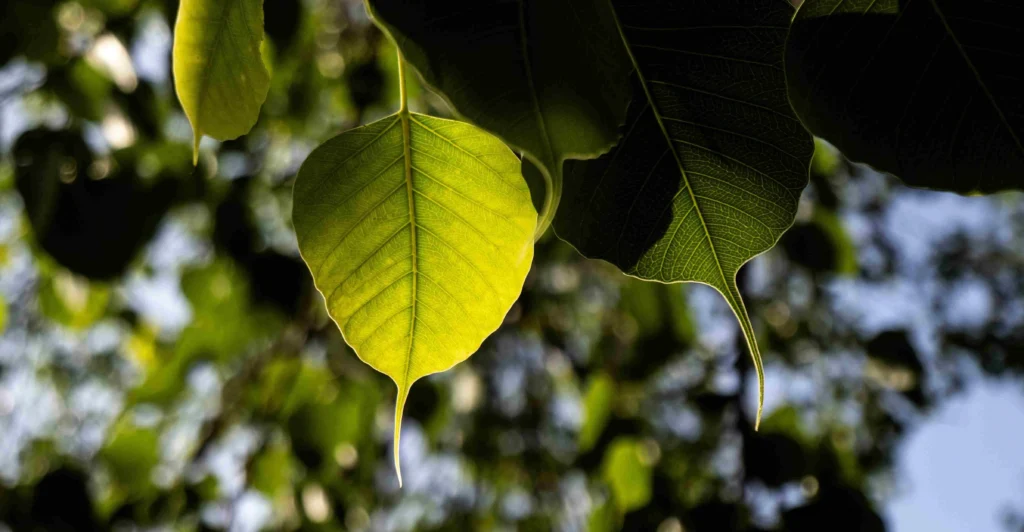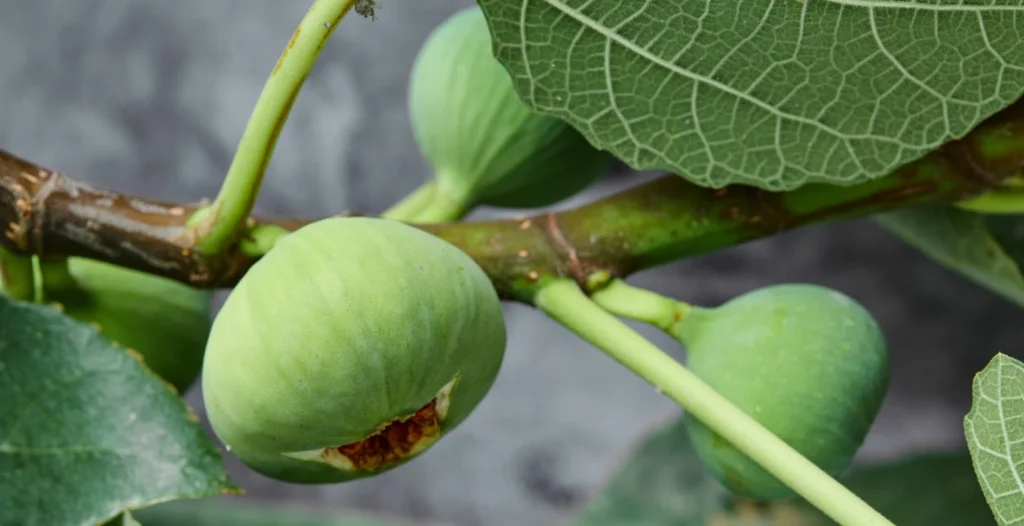Welcome to our exploration of the top 10 fascinating facts about Peepal trees. As one of the most revered and iconic trees in various cultures, the Peepal tree holds a wealth of significance, from its cultural and religious importance to its remarkable ecological properties. Join us on this journey as we uncover intriguing insights into the mysteries and wonders of the Peepal tree, shedding light on its diverse roles in history, spirituality, and the natural world. Whether you’re a nature enthusiast, a curious learner, or intrigued by the enigmatic allure of ancient trees, this blog will pique your interest and deepen your appreciation for the remarkable qualities of the Peepal tree.
Table of Contents
Top Facts about Peepal Tree:
- Sacred Symbolism: Peepal trees (Ficus religiosa) hold immense religious significance in various cultures, particularly Hinduism, Buddhism, and Jainism. They are often revered as a symbol of wisdom, longevity, and immortality. Click here to learn more about Peepal Trees.
- Botanical Diversity: Peepal trees are part of the fig family (Moraceae) and are native to the Indian subcontinent and Southeast Asia. They are also known by other names such as Bodhi tree, Bo tree, and Sacred fig.

- Historical Context: Under a peepal tree, Siddhartha Gautama, the founder of Buddhism, attained enlightenment, becoming the Buddha. Thus, peepal trees are revered as the Bodhi tree in Buddhism, symbolizing spiritual awakening and enlightenment.
- Air Purification: Peepal trees are known for their ability to purify the air. Their large, broad leaves help filter pollutants and dust particles, contributing to a cleaner environment.

- Medicinal Uses: Various parts of the peepal tree, including its leaves, bark, and roots, are used in traditional medicine for treating various ailments such as asthma, diabetes, diarrhea, and skin diseases.
- Habitat for Wildlife: Peepal trees provide habitat and food for various birds, insects, and animals. Birds often nest in their branches, while fruit bats and squirrels feed on their figs, aiding in biodiversity conservation.
- Longevity: Peepal trees are known for their long lifespan, often living for several hundred years. Their resilience and ability to adapt to diverse environmental conditions contribute to their longevity.
- Symbol of Continuity: The peepal tree’s ability to regenerate from its roots symbolizes continuity and the cycle of life, making it a potent symbol in various cultural and religious contexts.
Also Read about Palm Trees: Indoor Palm Trees 101: A Beginner’s Guide to Choosing, Caring, and Styling with Palms
- Environmental Benefits: Besides air purification, peepal trees contribute to environmental sustainability by preventing soil erosion with their extensive root systems and providing shade, which helps reduce temperatures in urban areas.
- Cultural Significance: Peepal trees are often found near temples, shrines, and other sacred sites, where they serve as focal points for religious rituals, prayers, and meditation, fostering a connection between people and nature.
FAQs on Facts about Peepal Trees
Are Peepal trees considered sacred?
Yes, Peepal trees are revered in many cultures, including Hinduism, Buddhism, and Jainism, where they are often associated with deities and revered as symbols of divinity.
What is Peepal tree?
The Peepal tree, scientifically known as Ficus religiosa, is a species of fig tree native to the Indian subcontinent and certain parts of Southeast Asia. It is a large, deciduous tree with a distinctive heart-shaped leaves and aerial roots.
Read More about Peepal Tree in “Peepal Tree: A Living Symbol of Cultural Richness and Environmental Harmony”
Are there any precautions to take when planting Peepal trees?
Yes, it’s important to consider the tree’s eventual size and proximity to structures or utilities. Planting Peepal trees too close to buildings or underground utilities can lead to issues as they mature.
Can Peepal trees be grown indoors?
While Peepal trees can be grown indoors in pots when young, they eventually outgrow indoor spaces due to their large size and extensive root system.
Can Peepal trees be propagated from cuttings?
Yes, Peepal trees can be propagated from cuttings taken from healthy branches. However, proper care and conditions are necessary to ensure successful root development.


